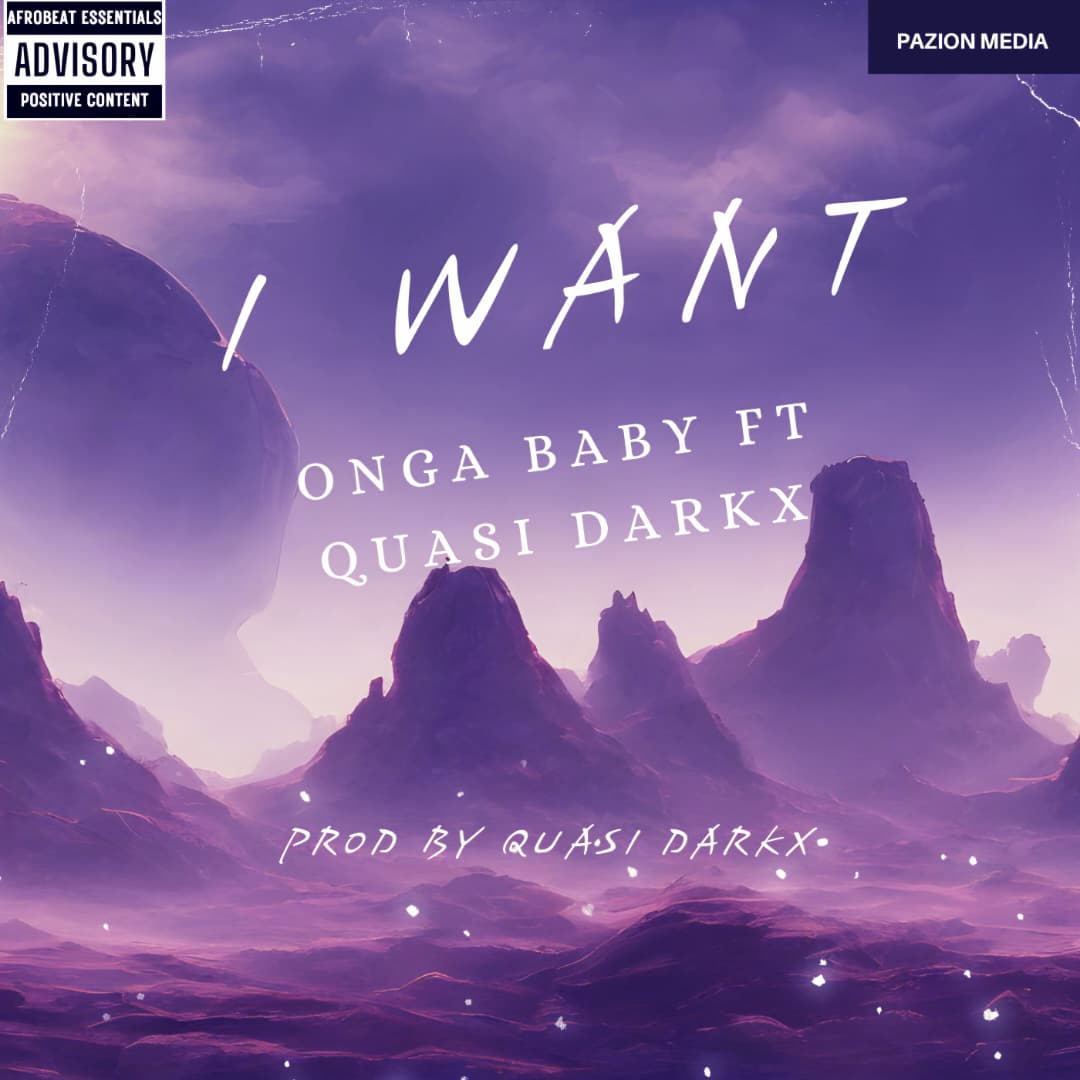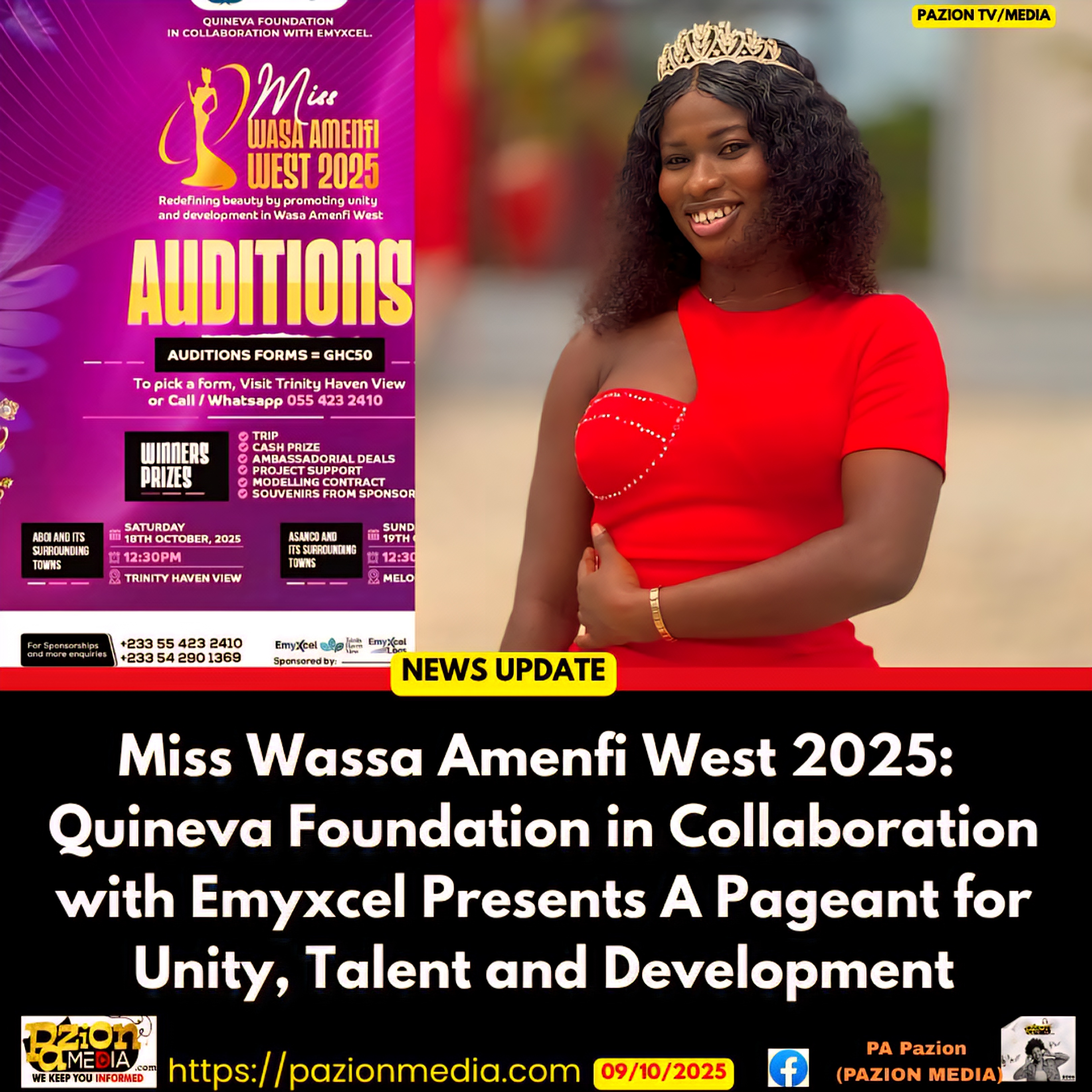The Ghanaian music industry has seen a surge in the number of talented artists in recent years.
It has also produced some of the finest talents in Africa. From highlife to afrobeat, Ghanaian music has evolved and gained some global recognition.
While this growth is promising, it is unfortunate that the industry is plagued by a culture of competition and unnecessary rivalry among artists. Instead of working together to push the industry forward, many Ghanaian musicians see their colleagues as competition, and they use any opportunity to throw shade or ridicule their peers. This toxic behaviour has stunted the growth of the music industry and made it difficult for new artists to make a breakthrough.

It is crucial for Ghanaian musicians to understand that music is a profession or career just like any other career. There are no limits to how many people can excel in the industry, and success is not a zero-sum game. An artist’s success does not depend on another artist’s failure and vice versa. In fact, it is possible for artists to collaborate and create something beautiful that will benefit both them and the industry as a whole.
The music industry thrives on innovation and creativity, and this can only be achieved when artists work together to push boundaries and challenge norms. It is essential for Ghanaian musicians to see each other as collaborators, rather than competitors. They can share ideas, work together on projects, and create a network that will benefit everyone in the industry.

It is also important to note that music is not just about making money, but it is also about creating a positive impact on society. Ghanaian musicians have a platform to inspire, educate and entertain their audiences. When they work together, they can use their music to promote positive values and bring about social change. The industry will be better off when artists see themselves as ambassadors of their culture, and they work together to create music that celebrates their heritage and promotes unity.

Finally, Ghanaian musicians should understand that their fans have diverse tastes in music, and it is possible for them to have multiple favourite artists. As long as they bring good music to the table, people will listen and book them for shows. Instead of seeing their colleagues as competition, they should embrace diversity and strive to create music that appeals to different audiences.
In conclusion, Ghanaian musicians should break the barrier of competition and create a thriving music industry. They should see each other as collaborators, rather than competitors, and work together to push the industry forward. By doing this, they will create a platform for themselves and future generations of musicians to thrive in the industry.
 Pazionmedia.com Pazion Media l Latest News l Politics l Sports l Entertainment
Pazionmedia.com Pazion Media l Latest News l Politics l Sports l Entertainment



